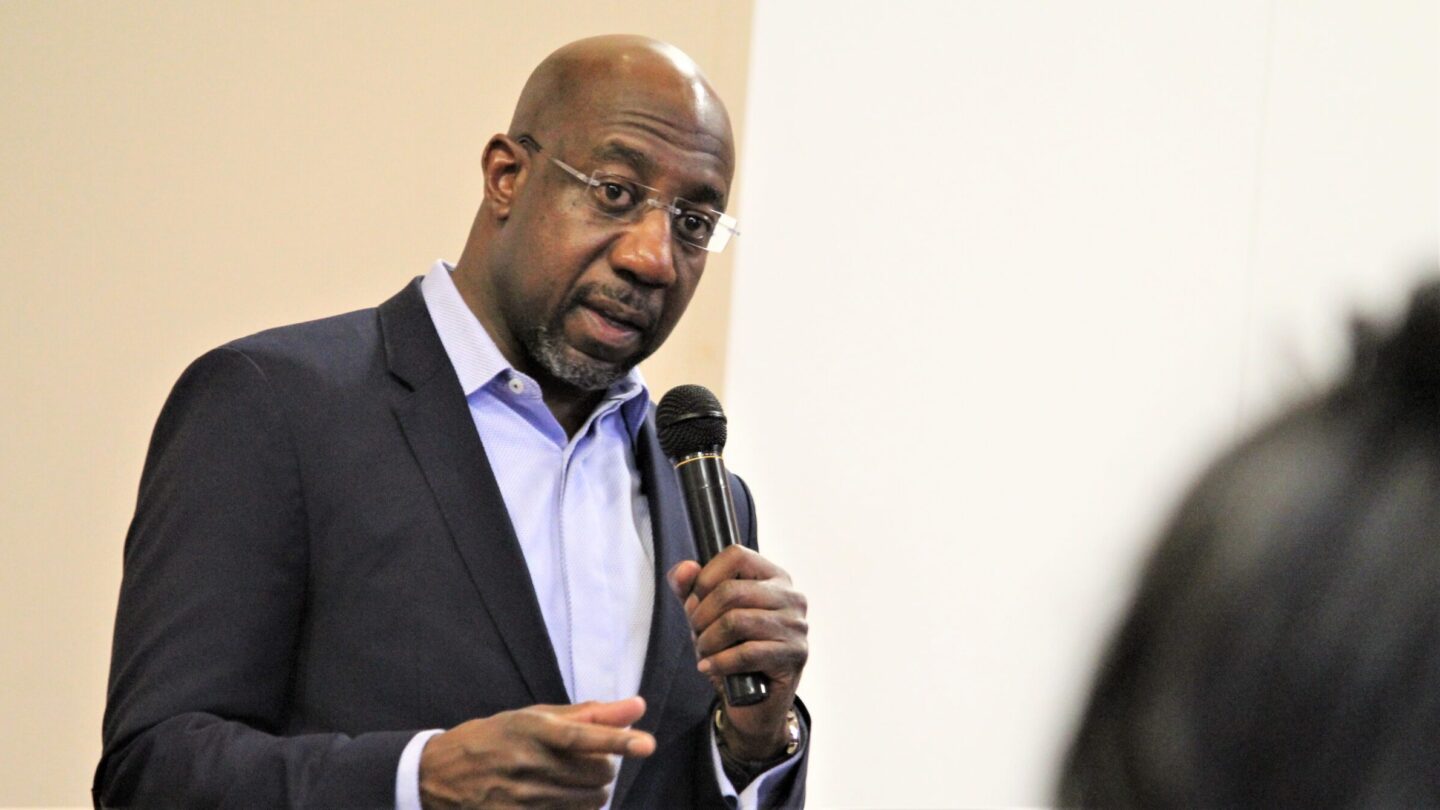Both the U.S. House and Senate have passed bills that could bring millions more in funding for technical programs at Georgia colleges and universities.
The bills also provide billions in incentives for U.S. companies who help fill a shortage of semi-conductor chips.
A conference committee now needs to resolve differences before the legislation heads to the desk of President Joe Biden.
Georgia U.S. Sen. Raphael Warnock is among those who supported the bill in the Senate. Warnock spoke with WABE late last week about what the money will mean for Georgians and companies that have set up shop here.
“There was a time when the United States of America was the leading producer of microchips, but that’s changed,” said Warnock. “This bill is about creating a competitive edge for the United States.”
And Warnock says beyond the short-term supply issues, the U.S. has to invest in educating more young people to work in high-tech fields.
Many tech companies including Microsoft, Google and Airbnb — plus electric truck maker Rivian and battery-maker SK Innovation — have cited the state’s workforce as a factor in their decision to establish a presence in Georgia.
“We’ve got to be thinking about the workforce of the future. There really will be no shortage of jobs,” said Warnock. “We’ve got to make sure that our human capital is ready for the opportunity and that’s why I’m glad that I’ve gotten provisions in this bill that will invest in schools all across the state of Georgia.”
Universities across the country stand to benefit from $81 billion in National Science Foundation initiatives. Warnock also pushed for the legislation to include $750 million in grant funding for Historically Black Colleges and Universities as well as minority-serving institutions to increase their research capacities.
“It’s really unfortunate that we don’t have a single R1 research university among the HBCUs. As a member of the commerce committee, I’d like to see that changed,” Warnock said. “I’d like to see them get their fair share of the kinds of investments that other universities enjoy.”









